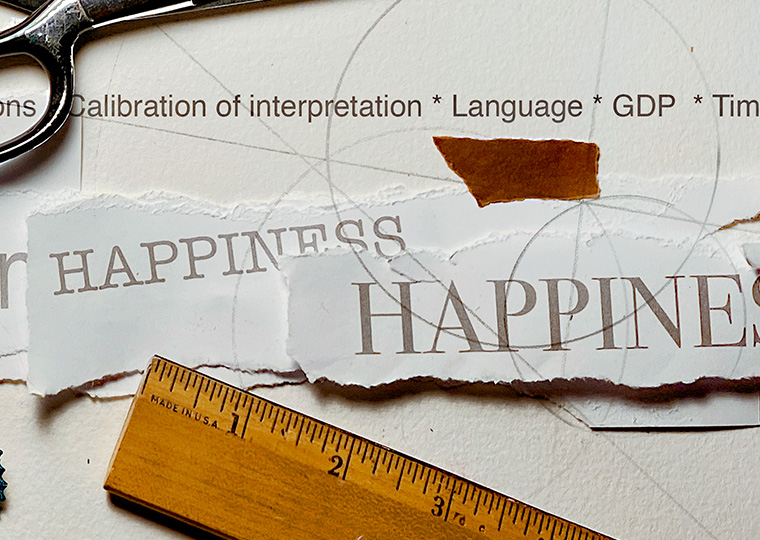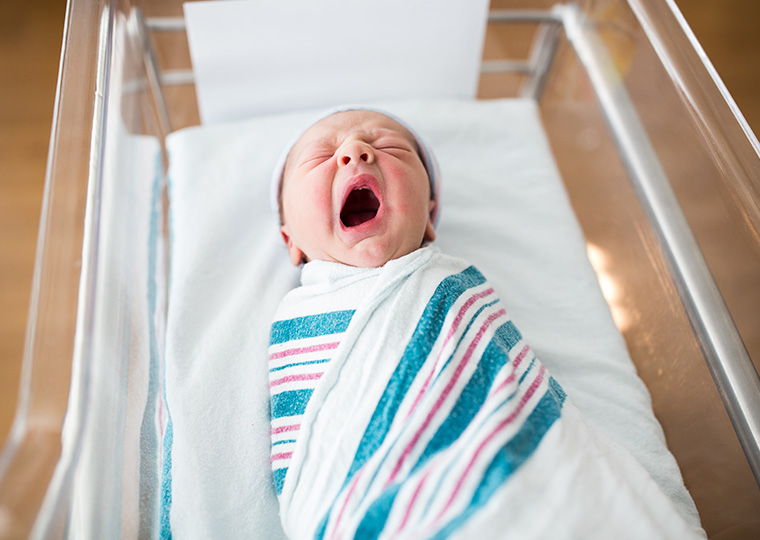1 of 5
1 of 5

Developing a happiness index to augment or replace GDP turns out to be very difficult. Why?
The generally sour disposition of Americans.
GDP loyalists lobby against funding for happiness research.
The subjective nature of happiness and contentment to date has thwarted efforts to precisely quantify those qualities.
2 of 5
2 of 5
And yet, there has never been more useful advice on one’s individual happiness. Which of these is true?
For most of us, time is more precious than money.
The more free time, the better, in terms of happiness.
Loathsome chores cannot be made less loathsome.
3 of 5
3 of 5
Emergency room doctors, encountering a patient in pain:
Start their shift parsimonious with opioid painkillers, then become more lax in their use as the hours go by.
Dispense pain meds more freely until they grow weary — and less empathetic.
As you’d expect, provide the same consistent level of care throughout their long work shifts.
4 of 5
4 of 5

Recessions — and early COVID-19’s was a doozy — typically mean fewer pregnancies, due to economic worries, but the pandemic baby bust may be far smaller than expected. Why?
All those couples cooped up and working from home — ’nuf said.
Those already with children and forced into 24/7 child care by closings of schools and day care, figured, what’s one more?
Planned Parenthood and other medical offices became harder to visit, so many women couldn’t get desired birth control.
5 of 5
5 of 5
Monopsony, in which one or a handful of employers controls the local market for a particular job or skill, most affects:
Janitors.
Computer programmers.
Nurses.